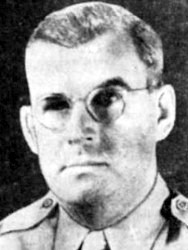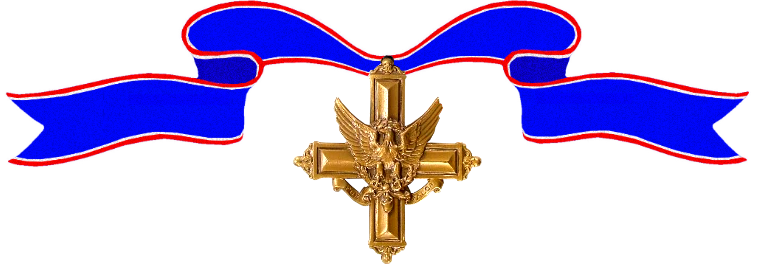For two years John Curran attended Providence College and then entered the Dominican Order at Saint Rose in Kentucky, where he made profession on September 11, 1927. He pursued his studies for the priesthood in River Forest, Somerset, and Washington, D.C., where he was ordained a Catholic priest on June 17, 1933. Shortly before World War II began, he entered the military service as an Army Chaplain and volunteered for duty in the Philippines, where he arrived in June 1941. He was captured during the fall of the Philippine Islands and suffered as a Prisoner of War until his release in 1945. Early in October 1945, Father Curran was en route home when he suffered serious injuries in an auto accident which, in his weakened condition, required long hospitalization and left him crippled for life. In 1947, he returned to serve the people in Ponchatoula and Pass Manchac where he built its small church. As his health declined, he was appointed chaplain to Saint Dominic’s Hospital in Jackson, Mississippi, where he served for seventeen years in semi-retirement until his death.

–
Born:
,
Home:
,
Buried:
,
Cemetery:
Awards Received
-

Distinguished Service Cross
-
Distinguished Service Cross
Service:
United States ArmyRank:
Captain (Chaplain’s Corps)Regiment:
88th Field Artillery Regiment (PS)Division:
Philippine DivisionAction Date:
January 6, 1942
Headquarters, U.S. Army Forces in the Far East, General Orders No. 27 (February 16, 1942)The President of the United States of America, authorized by Act of Congress July 9, 1918, takes pleasure in presenting the Distinguished Service Cross to Captain (Chaplain’s Corps) John Leonard Curran (ASN: 0-361219), United States Army, for extraordinary heroism in connection with military operations against an armed enemy while serving as a Chaplain with the 88th Field Artillery Regiment (Philippine Scouts), Philippine Division, in action against enemy forces in the vicinity of Culis, Bataan, Philippine Islands, on 6 January 1942. When heavy bombing and shelling by hostile planes and artillery had put out of action a gun of the organization to which Chaplain Curran was assigned, the casualties and remaining personnel of the firing battery were moved to the shelter of a nearby ravine. Although the area was subjected to intense shell fire and repeated bombing attacks, this courageous officer, without consideration of self, persisted for a period of eight hours, in the absence of a medical officer, in his humane administrations to the wounded and dying, and assisted in the evacuation of casualties. His example of fortitude and unselfishness was an inspiration to the entire battery. Chaplain Curran’s extraordinary heroism, personal bravery and zealous devotion to duty exemplify the highest traditions of the military forces of the United States and reflect great credit upon himself and the United States Army.

